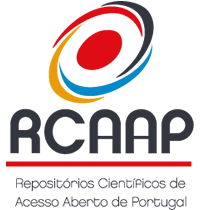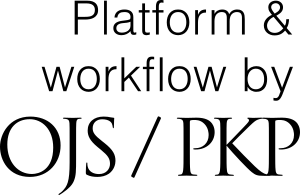Assessing the cytotoxic effects of sunitinib on AC16 cardiac cells and its potential association with autophagy
DOI:
https://doi.org/10.48797/sl.2024.133Keywords:
Selected Oral CommunicationAbstract
Background: Cancer survivorship rate has witnessed a notable increase, leveraged by amazing therapeutic advancements. However, these treatments have limitations and problems. Sunitinib (SUN) is a multikinase inhibitor, used in renal cell carcinoma and gastrointestinal stromal tumors. However, its use is limited due to cardiotoxicity, among other adverse effects. Therefore, it is important to understand the mechanisms associated with SUN-induced cardiotoxicity. Autophagy has been linked to SUN cytotoxicity on several models [1]. Objective: To investigate a possible relationship between autophagy and the cytotoxicity induced by SUN in human differentiated AC16 cardiac cells. Methods: AC16 cells were differentiated with horse serum for 24 hours and then exposed to clinically relevant concentrations of SUN (1-20 μM) for 24 or 48 hours, after which two cytotoxicity assays were performed: the MTT reduction and the Neutral Red uptake assays. Then, two working concentrations were chosen (0.01 and 1 μM) to address the effect of some autophagy modulators such as chloroquine (CQ), 3-methyladenine (3-MA) or rapamycin (RAP) on the observed cytotoxicity. Furthermore, the levels of p62, LC3-I e LC3-II were analyzed by western blotting, as well as cellular morphology of cells by phase contrast microscopy. Statistical analysis was performed using two-way ANOVA followed by Sidak’s post hoc test or one-way ANOVA followed by Tukey’s post hoc test, pending on the conditions tested. Results: SUN caused a time- and concentration-dependent cytotoxicity in AC16 cells. Furthermore, SUN seems to accumulate inside AC16 cells at 24-hour exposure in the higher concentration (10 microM). Furthermore, the incubation with SUN 10 microM increases total p62 levels and increases the LC3-II/LC3-I ratio. The results of modulators are ongoing. Conclusions: Our findings demonstrate that SUN induces substantial cytotoxicity in AC16 cells, accompanied by elevated levels of p62 and an increased ratio of LC3-II/LC3-I, indicative of autophagy activation.References
1. Yang, Y., et al., Trimetazidine ameliorates sunitinib-induced cardiotoxicity in mice via the AMPK/mTOR/autophagy pathway. Pharm Biol, 2019. 57(1): 625-631.
Downloads
Published
How to Cite
Issue
Section
License
Copyright (c) 2024 Cláudia Vitorino-Oliveira, Shirin Kahremany, Leon Nisim, Margarida Duarte-Araújo , Félix Carvalho, Arie Gruzman, Vera Marisa Costa

This work is licensed under a Creative Commons Attribution 4.0 International License.
In Scientific Letters, articles are published under a CC-BY license (Creative Commons Attribution 4.0 International License), the most open license available. The users can share (copy and redistribute the material in any medium or format) and adapt (remix, transform, and build upon the material for any purpose, even commercially), as long as they give appropriate credit, provide a link to the license, and indicate if changes were made (read the full text of the license terms and conditions of use).
The author is the owner of the copyright.









